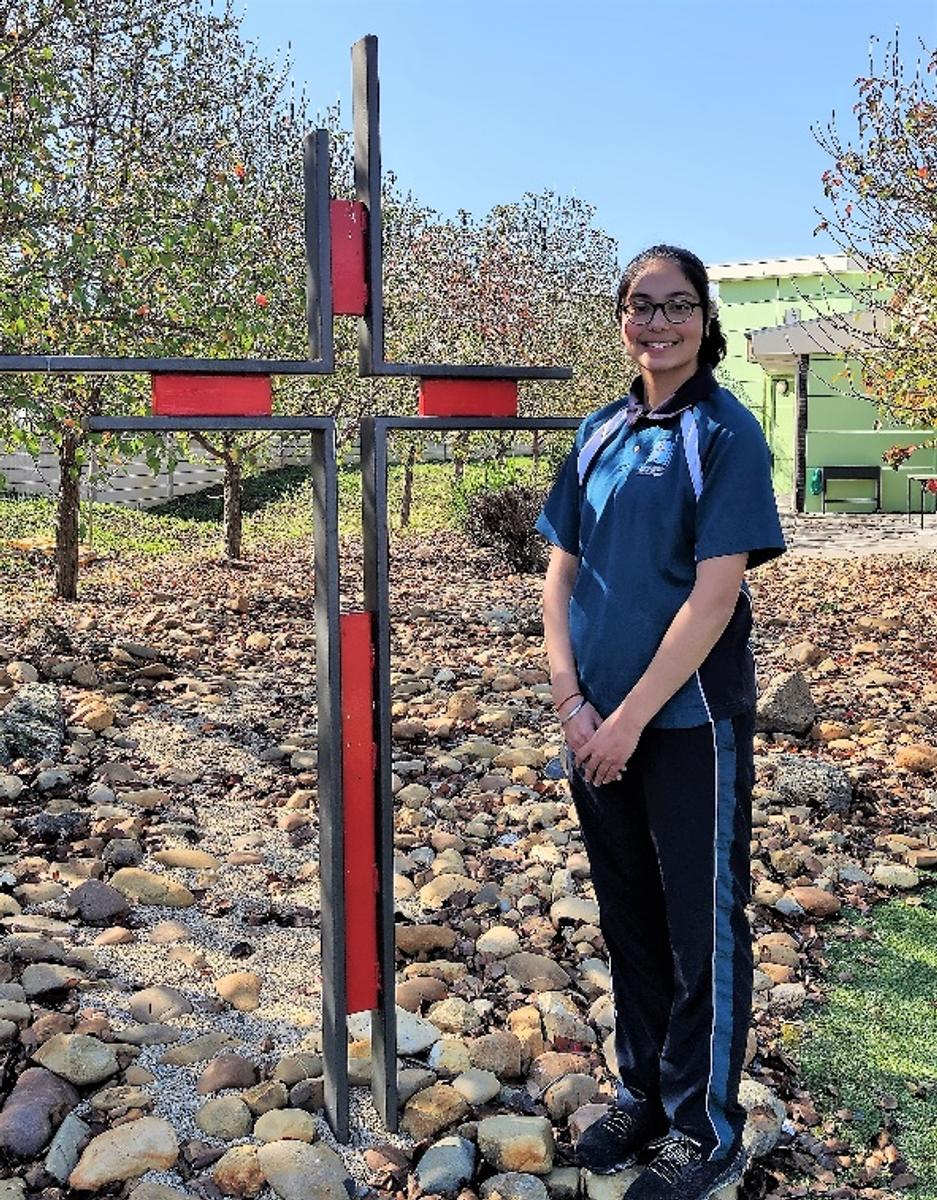Ministry and Care
Pastor Peter Janetzki

Ministry and Care
Pastor Peter Janetzki
On the final day of Term 1, Mehak J shared this message with the all the students and staff of our College as we were gathered at the Poppy Garden for our ANZAC Commemoration.
“Heroes are made by the path they choose, not by the powers they are graced with.”


Let’s be honest, it’s easy to name a superhero such as Superman, Batman, Hulk, Wonder Woman or the Green Lantern. But it’s not so easy to define a superhero. Everyone has different opinions on heroes, and questions form like what exactly does it mean to be a hero? Is it spirit and determination which defines heroism? Or is it the desire to do good? Perhaps it’s the preparedness to sacrifice your life or to act courageously at all costs?
We see superheroes in comic books and movies, flying through the air, or jumping and swinging from building to building.
But not all superheroes leap tall buildings in a single bound like superman or wear capes and masks or have special powers. All of them however, do work hard to make a difference.
You see, there are real superheroes – for example like the soldiers who have fought for our country. Let me tell you about Major Thomas Redford - a hero of Gallipoli. Major Redford was an Australian solider. His role was to lead his men in a 50 metre charge to the Turkish trenches. Half the men who charged – including Redford – were killed. What’s more, nearly half of those who survived were injured. Major Redford himself almost made it to the Turkish trenches before he lost his life.
Redford was an ordinary man just like us. He didn’t wear a mask or have supernatural powers. It was his actions that made him a hero.
Redford was living the example of the quote “with great power comes great responsibility.”
The Bible tells us of an even greater sacrifice. It speaks about the Son of God himself becoming an ordinary human being, so "he might taste death for everyone (Hebrews 2:9)." Unlike Major Redford, God did not have to leave his command-post. He didn't have to expose himself to danger, or put himself in the firing-line for us. But God had compassion and chose to join us, becoming one of us. The Son of God became an ordinary human being, so he could share our suffering and die our death.
There was nothing futile or pointless about Jesus’ death. Through it, God achieved everything he set out to achieve. Jesus' death had purpose: it brings us forgiveness and unity with God.
The writer of Hebrews summarises Jesus’s heroism with these words: Because of God’s kindness, Jesus died for everyone. And now that Jesus has suffered and died, he is crowned with glory and honour… Jesus became one of us… so that he could serve God as our faithful and merciful high priest and sacrifice himself for the forgiveness of our sins (from Hebrews 2).
On Anzac Day, we honour the men and women who gave their lives for our country. We recognise their courage, loyalty and mateship.
On Easter Day, we celebrate Jesus’ courage and loyalty and mateship to us! His death and resurrection means our victory over death and the promise of eternal life.